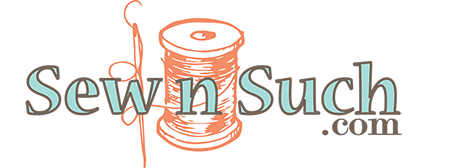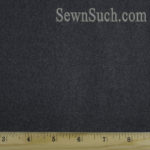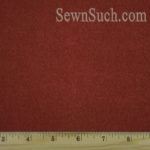
It can be hard to figure out the best DIY mask guidelines and patterns to use. Here are some suggestions to help you out. From an article on NBC News:
With Federal health officials now recommending people cover their mouths and noses with cloth face masks when in public to help prevent the spread of coronavirus, the Centers for Disease Control and Prevention has updated its guidance on the matter, recommending individuals use cloth face coverings “in public settings where other social distancing measures are difficult to maintain,” such as grocery stores and pharmacies. The guidance recommends people use fabric coverings, not surgical masks or specialized N95 masks, which should be reserved for health care providers.
If you are making your own covering, new research finds that some fabrics are better than others at filtering out viral particles.
“You have to use relatively high-quality cloth,” Dr. Scott Segal, chair of anesthesiology at Wake Forest Baptist Health in Winston-Salem, North Carolina, said.
Face coverings made of fabric aren’t intended to protect wearers from getting sick, but rather, to prevent them from spreading the virus to others. And the guidance will still exclude using surgical or medical-grade masks, which experts say should be reserved for people who are sick and for the health care workers who care for them.
The Wake Forest Institute for Regenerative Medicine tested a variety of cloth materials to see which ones not only allowed for breathability but also filtered small particles — such as viruses. The best masks were constructed of two layers of heavyweight “quilters cotton” with a thread count of at least 180 and had a thicker and tighter weave.
A few tips for best practices when it comes to DIY facial coverings:
- Opt for masks that tie around the ear, rather than ones that have a standard elastic band. The ties can be adjusted to fit each face better than the elastic band.
- Make sure to use dry masks. When masks get wet, even from the moisture emitted when a person exhales, the fabric could be more likely to transmit the virus.
- Wash masks regularly, with regular detergent and in regular washing machine cycles.
The following are variations that can be used depending on the materials at hand.

Kaiser Permanente Suggested DIY Instructions
We have some products in stock to help you. If you are in the Reno Area, choose Local Pickup to arrange No-Contact Delivery. Mail orders that are placed by 3pm will be shipped out the same day.
Stay Healthy!
Joanne & Co.
Products
-
 Cozy Flannel – Quilting Treasures$11.99 yd
Cozy Flannel – Quilting Treasures$11.99 yd -
 Fabulous Flannel – Quilting Treasures$11.99 yd
Fabulous Flannel – Quilting Treasures$11.99 yd


